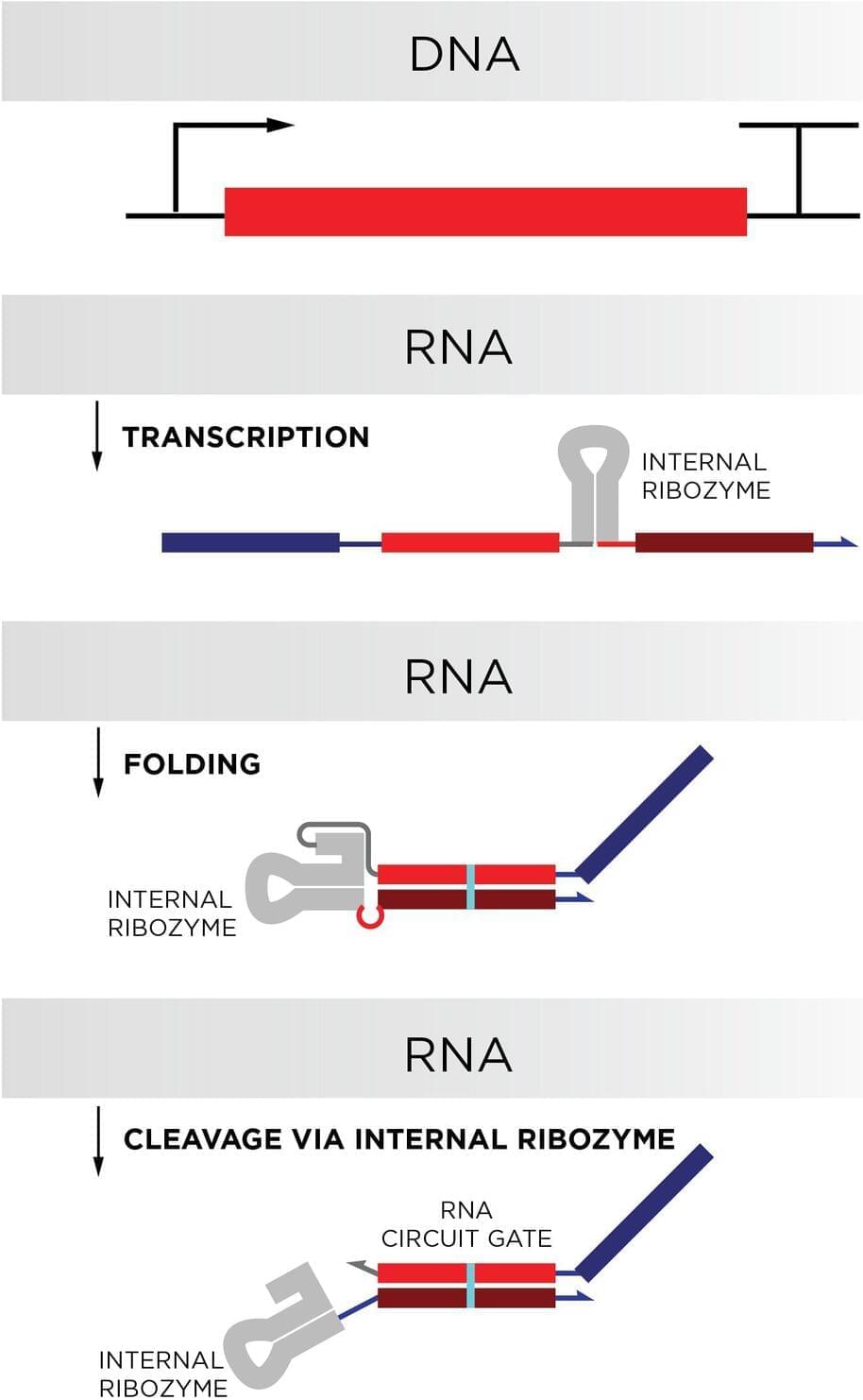𝐍𝐞𝐰 𝐀𝐭𝐥𝐚𝐬:
The Neuro-Network.
𝐄𝐧𝐳𝐲𝐦𝐞 𝐛𝐥𝐨𝐜𝐤𝐞𝐫 𝐜𝐨𝐮𝐥𝐝 𝐨𝐩𝐞𝐧 𝐧𝐞𝐰 𝐭𝐫𝐞𝐚𝐭𝐦𝐞𝐧𝐭𝐬 𝐟𝐨𝐫 𝐧𝐞𝐮𝐫𝐨𝐝𝐞𝐠𝐞𝐧𝐞𝐫𝐚𝐭𝐢𝐯𝐞 𝐝𝐢𝐬𝐞𝐚𝐬𝐞𝐬
𝙍𝙚𝙨𝙚𝙖𝙧𝙘𝙝𝙚𝙧𝙨 𝙝𝙖𝙫𝙚 𝙪𝙣𝙘𝙤𝙫𝙚𝙧𝙚𝙙 𝙝𝙤𝙬 𝙖 𝙘𝙚𝙧𝙩𝙖𝙞𝙣 𝙢𝙤𝙡𝙚𝙘𝙪𝙡𝙖𝙧 𝙥𝙖𝙩𝙝𝙬𝙖𝙮 𝙩𝙧𝙞𝙜𝙜𝙚𝙧𝙨 𝙩𝙝𝙚 𝙗𝙧𝙚𝙖𝙠𝙙𝙤𝙬𝙣 𝙤𝙛 𝙣𝙚𝙧… See more.
Researchers have uncovered how a certain molecular pathway triggers the breakdown of nerve fibers in neurodegenerative diseases – and more importantly, how to potentially switch it off. The find could lead to a new class of drugs that slows the progression of these debilitating disorders.
The focus of the study was an enzyme called SARM1, which is expressed in neurons and plays a role as an immune regulator. However, it also functions as a sensor of metabolic stress, and at a certain point it sparks a cascade of processes that eventually begins to break down axons, leading to some of the issues associated with Parkinson’s disease, ALS, neuropathy, and other neurodegenerative diseases.







